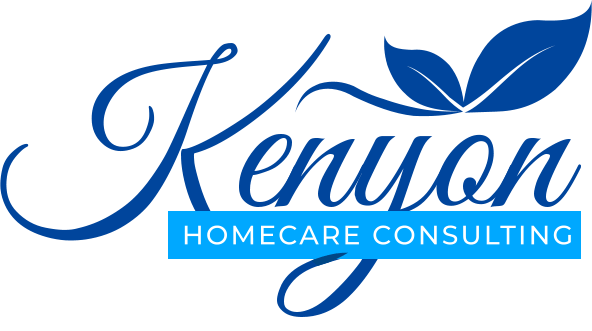How Education is Transforming Home Care: Successful Business Strategies
The demand for home care services is on the rise as aging populations prefer to "age in place." At the same time, the need for personalized educational support, from childhood tutoring to professional development, remains a constant. For entrepreneurs, these two growing sectors present a unique opportunity to create a successful, innovative business. By combining the compassionate, hands-on services of a home care agency with the structured, knowledge-based support of an educational provider, a new kind of business can emerge—one that addresses both the physical and intellectual needs of its clients.
This article explores the key elements of building a successful business that integrates education and home care.
1. The Unique Value Proposition: A Holistic Approach to Wellness
A traditional home care agency focuses on providing support for daily living activities, such as personal care, meal preparation, and transportation. An educational service, like a tutoring business, focuses on academic or skill-based growth. The intersection of the two creates a powerful value proposition: a holistic service that nurtures both the body and the mind.
This integrated model can serve a diverse clientele:
· Seniors: A home care aide might not only assist with daily tasks but also engage a client in brain-stimulating activities like reading, learning a new language, or using educational software. This can be especially valuable for those with memory care needs.
· Children with Special Needs: An aide can provide physical assistance while also implementing a tailored educational plan, working with the child on homework, social skills, or developmental exercises.
· Post-Surgery or Rehabilitation Patients: A client recovering at home might receive physical therapy support from an aide, who can also help them stay mentally engaged with hobbies, puzzles, or online courses to prevent feelings of isolation and boredom.
By offering this dual-focused service, the business differentiates itself from competitors and appeals to families seeking a more comprehensive approach to care.
2. Crafting a Comprehensive Business Plan
As with any new venture, a solid business plan is the foundation for success. This plan must go beyond the standard home care or tutoring model to address the complexities of the integrated service.
Key components of the business plan should include:
· Market Analysis: Research the demand for both home care and educational services in your target area. Identify a specific niche, such as "educational care for seniors with dementia" or "in-home academic and physical support for children with disabilities."
· Services and Pricing: Clearly define the services you will offer and how they will be priced. Will you charge a flat hourly rate for combined services, or will educational time be an add-on? Consider offering different packages based on client needs.
· Legal and Regulatory Compliance: This is a critical step. Home care agencies are subject to strict state and federal regulations, including licensing, insurance, and caregiver certification requirements. Tutoring services have their own legal considerations, such as business registration and liability. Be sure to consult with a legal professional to ensure you are compliant with all laws in your state.
· Recruitment and Training: Your caregivers must be more than just compassionate; they need to be capable educators. Develop a rigorous screening and training program that vets candidates for both their caregiving skills and their teaching aptitude. Ongoing professional development is essential to maintain high standards.
· Marketing and Sales Strategy: Your marketing should clearly communicate your unique value. Target key referral sources, such as hospitals, senior centers, schools, and local physicians. Use digital marketing and social media to highlight client success stories and the benefits of your integrated model.
3. Operational Excellence and Technology
Efficient operations are key to profitability and client satisfaction. Technology can be a powerful tool for managing a business with multiple service lines.
· Scheduling Software: Use a platform that can manage complex schedules, ensuring caregivers with both caregiving and educational skills are matched with the right clients.
· Care and Education Management: Implement a system to track care plans and educational progress. This ensures consistency and allows you to demonstrate the value of your services to families.
· Training Platform: An online learning management system can be used for both initial onboarding and ongoing training for your aides, covering topics from dementia care to teaching techniques for specific subjects.
4. The Path to Profitability
The combined business model can be highly profitable due to its premium service offering and strong market differentiation. Clients are often willing to pay more for a service that addresses multiple needs, reducing the need to hire separate professionals for care and education. By focusing on quality, continuous improvement, and a strong, ethical brand, this type of business can build a loyal client base and a reputation for excellence.
The convergence of home care and education is more than a business trend—it's a response to a fundamental human need for connection, growth, and independence at every stage of life. For entrepreneurs with a passion for both care and learning, this integrated model offers a path to building a truly successful and meaningful enterprise.
If you are struggling to build your business and seem to be stuck, call Kenyon HomeCare Consulting at 206-721-5091 or contact Ginny Kenyon at gkenyon@kenyonhcc.com . We are here to help.
Results Based Consulting
Did you find value in this blog post? Imagine what we can do for your home care or hospice agency. Fill out the form below to see how we're leading the industry with innovation, affordability, and experience.
Contact Us










